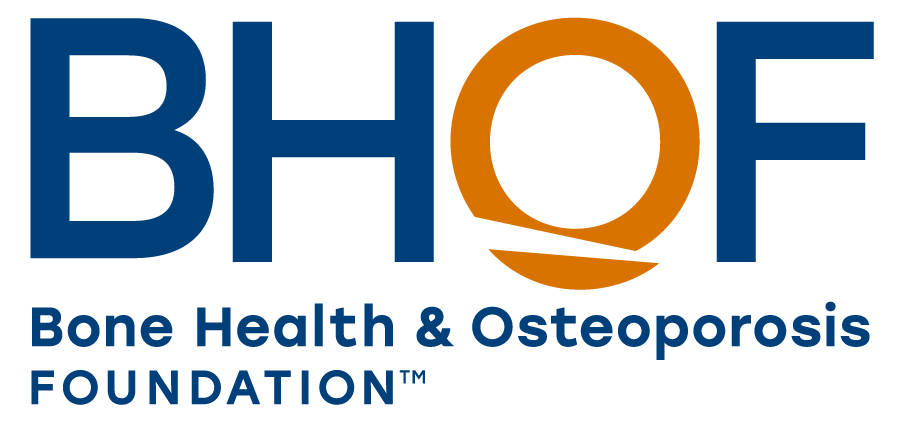Having healthy bones is an important part of your overall health and wellness. The choices you make can affect your bone health as you age, so keep your bones in mind as you make health care decisions with your doctor.


Doctors who specialize in treating a certain disease or performing certain procedures might not feel qualified to talk about bone health or might feel they don’t have time. Your primary care physician and specialty physicians might not have the opportunity to communicate regularly and share notes on your care.
We want you to have the knowledge to discuss your bone health with your doctor.
What We Know
Studies suggest we aren’t taking bone health seriously enough. Progress in reducing hip fractures has leveled off in the past few years. Experts warn of a looming crisis of osteoporosis, the disease of brittle bones that strikes primarily older people with debilitating and even deadly fractures. Worldwide, more than 8.9 million people osteoporosis-related fractures every year, but less than one-third of people who have fractures are evaluated and given a plan to reduce their chances of another broken bone.
Many people still think osteoporosis and poor bone health are just things that come with aging. But lifestyle factors such as poor eating patterns, sedentary practices, smoking and consuming more than two drinks a day can cause bone loss. Moreover, the lack of exercise and excessive alcohol can contribute to falls leading to fractures. Diseases such as cancer and diabetes can affect bone quality. Medications for arthritis, lupus, and cancer can increase your risk of broken bones.
What You Can Do
Ask your doctor how a condition or disease you are being treated for, or a medicine you’re taking, can affect your bone health and what you can do about it. Download this checklist for your next doctor’s appointment.
Know your risk factors for osteoporosis and poor bone health. Did your mother or grandmother break a hip? Do you smoke? Do you consume more than two alcoholic drinks a day? Have you ever been treated for breast cancer, an eating disorder, depression, arthritis or thyroid problems? Use American Bone Health’s Fracture Risk Calculator™ to get an idea of where you stand.
Request a bone density test. Ask whether your diet includes enough calcium and vitamin D. Do you need to take supplements? If your risk factors add up, ask whether you need to consider medicines to reduce bone loss and prevent fractures.
Learn about how to prevent falls. This may include improving your strength and balance, removing obstacles in your home, or installing grab bars in your bathroom.
How You Can Be Sure
We want to help you advocate for your bone health. We will help you educate yourself, know your risk, and ask your doctor specific questions about how to take care of your bones. American Bone Health’s website, americanbonehealth.org, is full of resources to get you started. We are here for you.
Above all: Be your own best bone health advocate.
Download the publication
“Talking with Your Health Care Provider about Bone Health”
Posted: 04/09/2019
As a service to our readers, American Bone Health provides access to our library of archived content. Please note the date of the last review on all articles. No content on this site, regardless of date, should ever be used as a substitute for direct medical advice from your doctor or other qualified clinician
